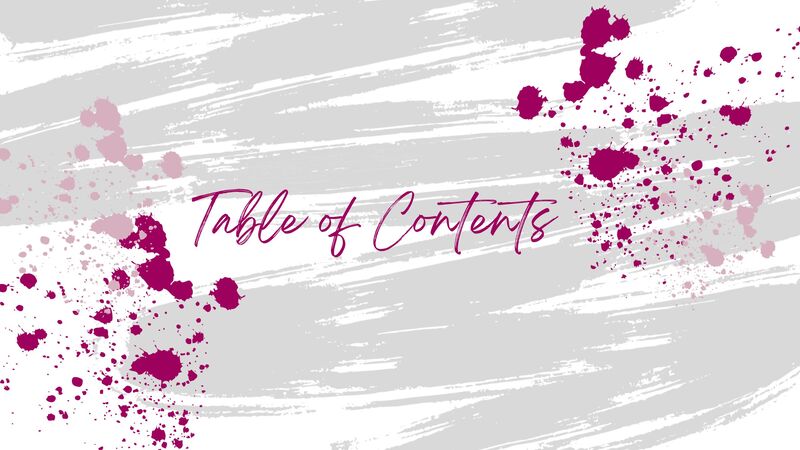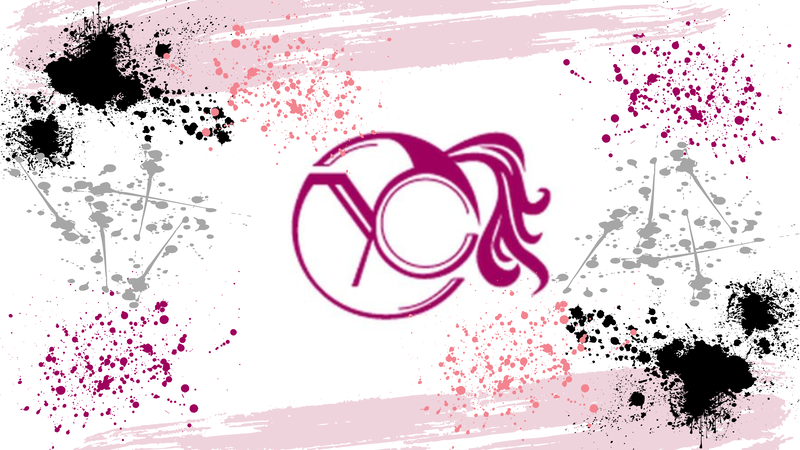|
Welcome reader, to this Sunday's Edition to Yari's Corner.
When trying to get inspiration on what to write about this week, I reflected deeply on my past experiences and tried to gadge where the majority of public interests are these days. I decided that the subject of this article is something that is not widely talked about, however, it is the uncurrent reason for many individual's behavioral habits. Let's talk about betrayal. Defining Betrayal The word betrayal comes from the middle English word bitrayen, which means to mislead or deceive. This definition is pretty vague to say the least, however when we dig just a little deeper into today's society, we see that perceived betrayals are very much the unspoken reason why most people take to social media sites and rant. These consequences are the costs of most perceived injustices and subsequent actions of those who feel they have been lied to, cheated, and unfairly treated. There are many forms of betrayal. They may be sexual in nature, and include dishonesty. Some perceived notions of betrayal include coldness, or withdrawal of the relationship with another person. Most betrayal is consistent with breaking promises and lying to those who are closest to you. Betrayals are not devastating to relationships that are superficial. The deeper effects of betrayals are more often seen on relationships that are deeply connected. Types of relationships affected by betrayal There are many types of relationships that we form throughout our lifetime. That is mainly because by human nature we are social creatures that crave interactions with others. Any relationship that has formed a deep connection between two individuals may be affected. There is no limit to the reach of a betrayal. One relationship that we form is in a work environment in which we communicate to each other in order to achieve career success. Work relationships are very important to achieve a raise, bonus, or promotion. So any disruption to this progression may be the cause of a betrayal. Another type of relationship that may be deeply impacted by a betrayal is a family relationship. This could cause negative life lasting consequences. Parents are the first source of social interaction for any child. Therefore, if a child’s relationship with their parent is disconnected by a betrayal, the impact could be deep. Family relationships are not limited to parent and child. There are brothers and sisters, uncles and nieces, grandparents and grandchildren. Then, (of course), we can see the most obvious effects of betrayal when we speak of intimate relationships. These are in marriages, courting phases, and relationships that are primarily sexual in nature. The effects of these types of betrayals have everything to do with trust. When the trust between the two people engaged is questioned, the relationship collapses. That is, unless there is an effort to repair what is broken. Perhaps the most important relationship to an adolescent, is that of a friendship. The most common form of betrayal in the adolescent lifespan would be to divulge secrets that were entrusted to a peer. When in highschool, teenagers usually form groups in which they conform. They then form deeper connections with the individuals in that group and share thoughts, dreams, goals, aspirations, and secrets. When the leak of this information occurs, then the teen tends to agree this is a form of an ultimate betrayal. Effects of Betrayal Effects of betrayal vary depending on how deep the connection was with the person. In the beginning phase directly after the betrayal has occurred, a person may show signs of sadness and withdrawal from normal activities of daily living. They may begin to distrust others and form bad coping mechanisms in order to self preserve. Make no mistake that these people are in complete and emotional distress. They will disconnect already deep relationships in order to understand what they are feeling. People may also begin to cut off those who make them vulnerable to other forms of betrayal in an effort to prevent this type of pain again. If left unchecked, short term effects may turn into long term effects and will create deeply ingrained habits that are hard to break. The most commonly seen effect is a person who is unable to maintain long lasting relationships. They may sabotage the relationship once it begins to get serious in order to prevent letting another individual too close. This is most commonly seen in abuse victims. Some people may prefer permanent solitude due to the form of betrayal that they underwent. This causes a deep psychological rift between the individual and the rest of society. They then are unable to function in group environments. Interactions with people who rarely communicate with others may be considered uncomfortable. The person who displays antisocial behavior may seem aggressive or overly defensive. Or the complete opposite may occur where the person may be hesitant to open up about their thoughts and feelings. In gatherings and social environments, the person who has experienced betrayal may be under duress. They may not be able to handle prolonged time with other people due to the premonition that others have the capability to hurt them. They are emotionally unavailable. They have permanently adapted to the psychological stress and have become accustomed to ideas of interactions being bad for them. If you have ever experienced a deep emotional betrayal AND see some of these signs manifest, I strongly suggest you seek help from a professional. The fact that a betrayal has happened to you does not mean that it has to take power over your life and your emotional health. Take your control back by learning to trust again. Not all relationships will end in betrayal. Get back at the individual that hurt you by living a life that is full of loved ones who care about you, and your well being. Take the risk. Make friends. Have a deep relationship. Lose the relationship. Then start over. That’s what life is about. Anything that comes with a risk of deep pain is worth taking. The pain will indeed make you a stronger, loving individual with a deeper understanding of yourself and others.
0 Comments
Your comment will be posted after it is approved.
Leave a Reply. |
AuthorYaritza Ellison has been an nurse since 2010. She has been essential to the healing process of many and seeks to continue to do so. Her passion for mental health and self help literature has lead her to launch justyari.org, where she aspires to coach young ladies navigating through work-life balance. Categories
All
|
Hungry for something else to read?
Check out the link below to find out about this amazing novel
Check out the link below to find out about this amazing novel
Copyright © 2022










